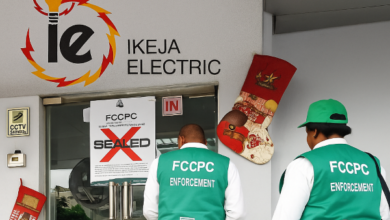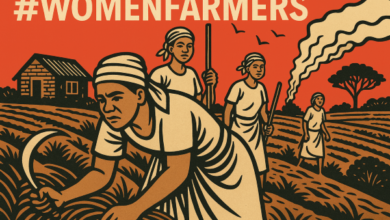Pension Experts Hail Proposed Return of Gratuity Under CPS, Urge Legal Backing and Wider Inclusion

A proposed revival of gratuity payments under Nigeria’s Contributory Pension Scheme (CPS) is gaining momentum—and strong support from pension rights advocates and sector experts. The renewed push, led by a partnership between the National Pension Commission (PenCom) and the Office of the Head of the Civil Service of the Federation (OHCSF), is being positioned as a long-overdue correction to what many see as a gaping hole in Nigeria’s retirement benefits framework.
Mr. Ivo Takor, Director of the Centre for Pension Rights Advocacy and one of the most respected voices in pension reform, welcomed the development but warned that good intentions must be fortified with clear legal, institutional, and inclusive frameworks.
“This initiative must go beyond policy pronouncements,” Takor said. “Without a firm legal foundation, it risks becoming another transient idea vulnerable to reversal.”
A Legal Imperative, Not a Policy Wish
Takor argued that any attempt to reinstate gratuity must be enshrined in law through a formal amendment to the Pension Reform Act of 2014, Nigeria’s primary legislation on retirement benefits. He cautioned against relying on executive directives or circulars, which lack the durability needed to assure long-term implementation.
This recommendation goes to the heart of Nigeria’s pension reform journey, which began with the landmark 2004 Pension Act that introduced the CPS—replacing the unsustainable pay-as-you-go model. While the CPS has improved transparency and funding in the pension space, the removal of gratuity—a lump-sum benefit paid at exit—has been a sore point for many retirees.
Takor insists that the original reform was never designed to erode workers’ entitlements, but to enhance retirement security. Reinstating gratuity, in his view, is not merely a financial decision—it is a moral and social justice imperative.
Beyond Civil Servants: The Case for Broader Inclusion
Another critical point raised is the narrow language used in the policy conversation. Takor challenged the focus on “civil servants,” which he says risks excluding a large pool of workers across Ministries, Departments, and Agencies (MDAs) and even state government employees.
“Let’s use the term ‘public servants’ to ensure inclusivity,” he advised, adding that many workers at state level are routinely denied gratuity while governors and political appointees walk away with lifelong benefits.
He also drew attention to inequities in the private sector, where top executives often walk away with generous severance packages while lower-tier employees retire into uncertainty. “This disparity is unjust,” he said. “Reforms must reflect fairness across the board.”
Emotional Cushioning: More Than Just a Lump Sum
Adding his voice, Dr. Babatunde Raimi, a pension coach and retirement transition expert, commended the proposal as “a financially and emotionally strategic move.”
Raimi explained that while the CPS has delivered long-term sustainability and transparency, it lacks a short-term buffer for retirees, who often face hardship between disengagement and their first pension payment. Gratuity, he noted, provides an essential bridge.
“It’s not just about the money—it’s a mark of honour for years of selfless service,” he said. “The absence of gratuity has added layers of anxiety and financial shock to an already vulnerable transition phase.”
Raimi also praised the current administration for revisiting pension reforms, positioning this latest move as evidence of a broader commitment to worker dignity and post-retirement security.
Reality Check: Fragmentation Still Persists
Despite these positive signals, challenges remain. Many state governments do not comply with CPS requirements, and private sector implementation varies widely. Industry observers note that without a federal push and harmonised implementation plan, the return of gratuity could worsen already-existing inequalities across sectors.
The call, therefore, is for a comprehensive pension justice roadmap—one that not only reintroduces gratuity but aligns it with broader reforms in health coverage, housing, and financial planning for retirees.
Bottom Line: Dignity in Retirement Requires More Than Monthly Payouts
As Nigeria’s pension ecosystem evolves, experts agree: the conversation must now shift from mere sustainability to fairness, inclusion, and worker dignity. Reinstating gratuity under the CPS could be a transformative step—if anchored in law, extended across sectors, and framed not as a gift, but a right earned by labour.











